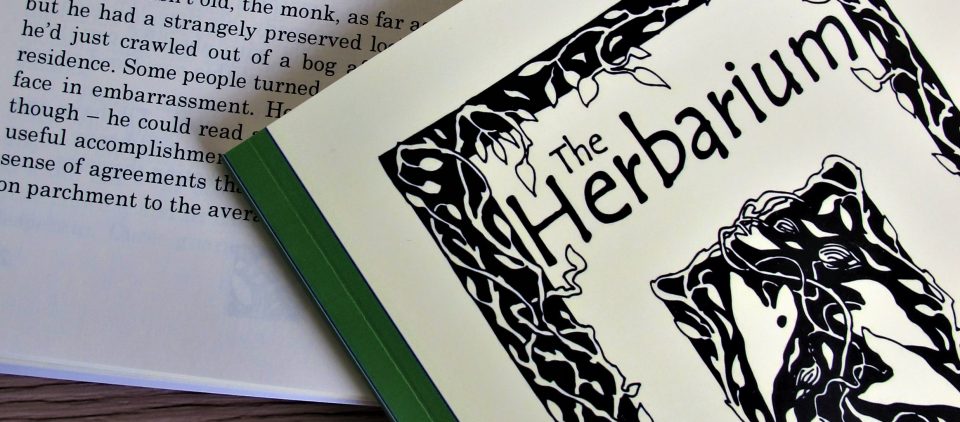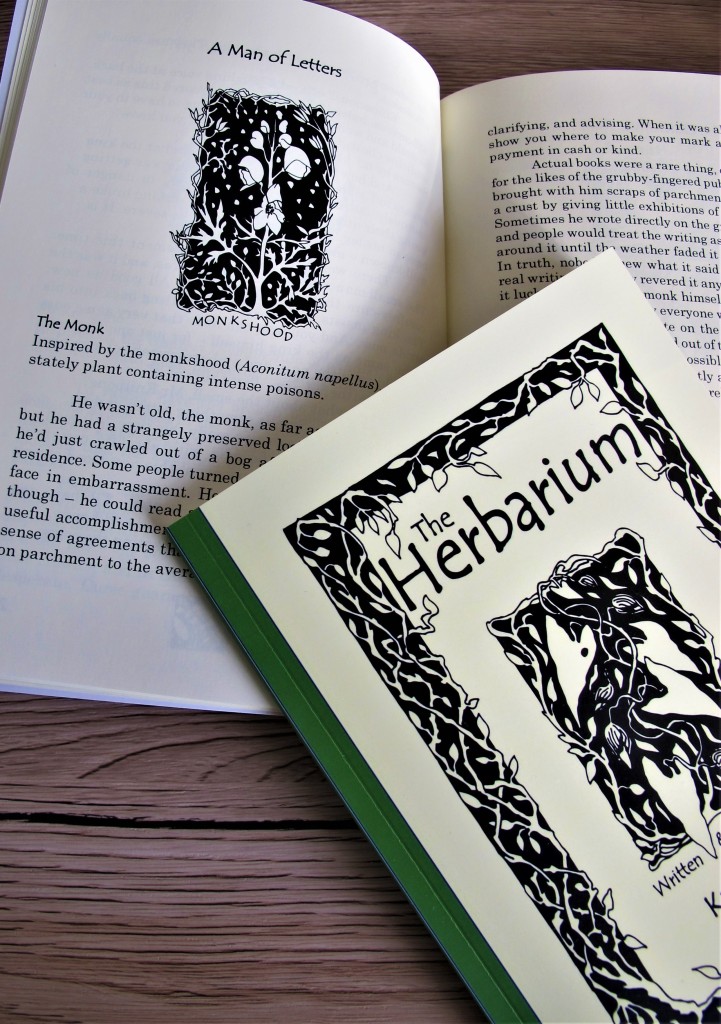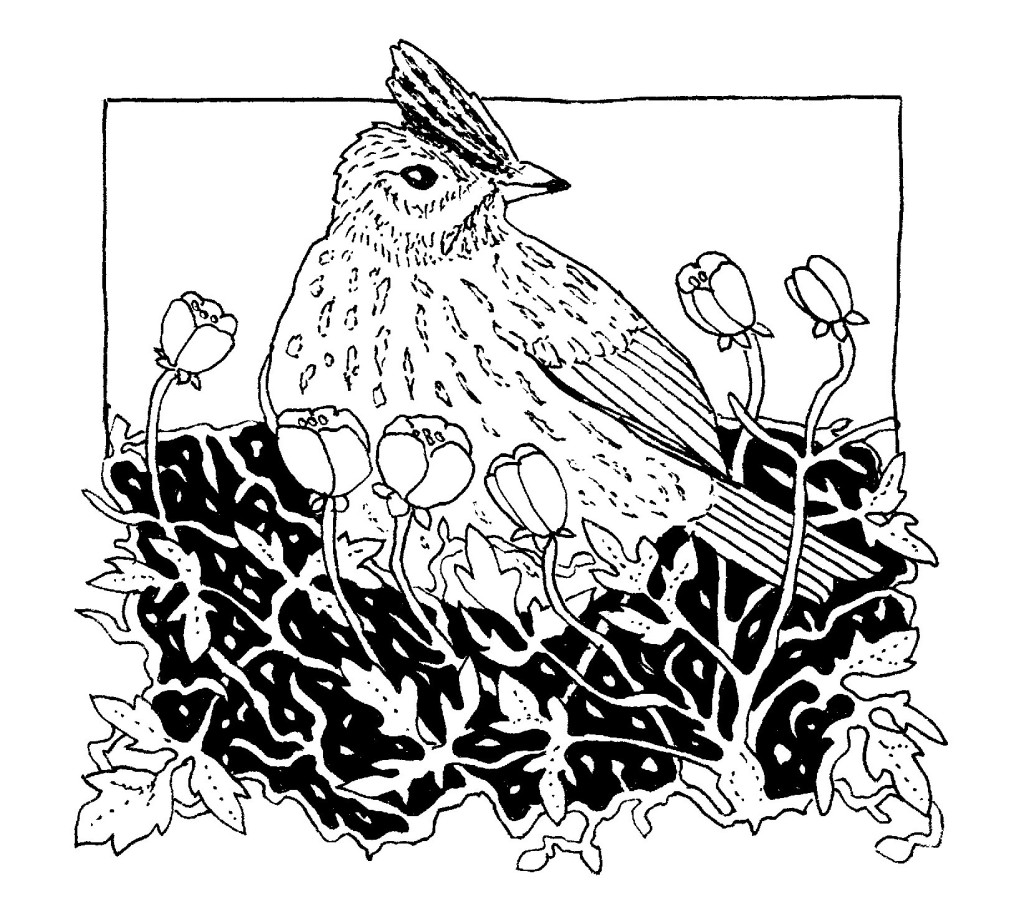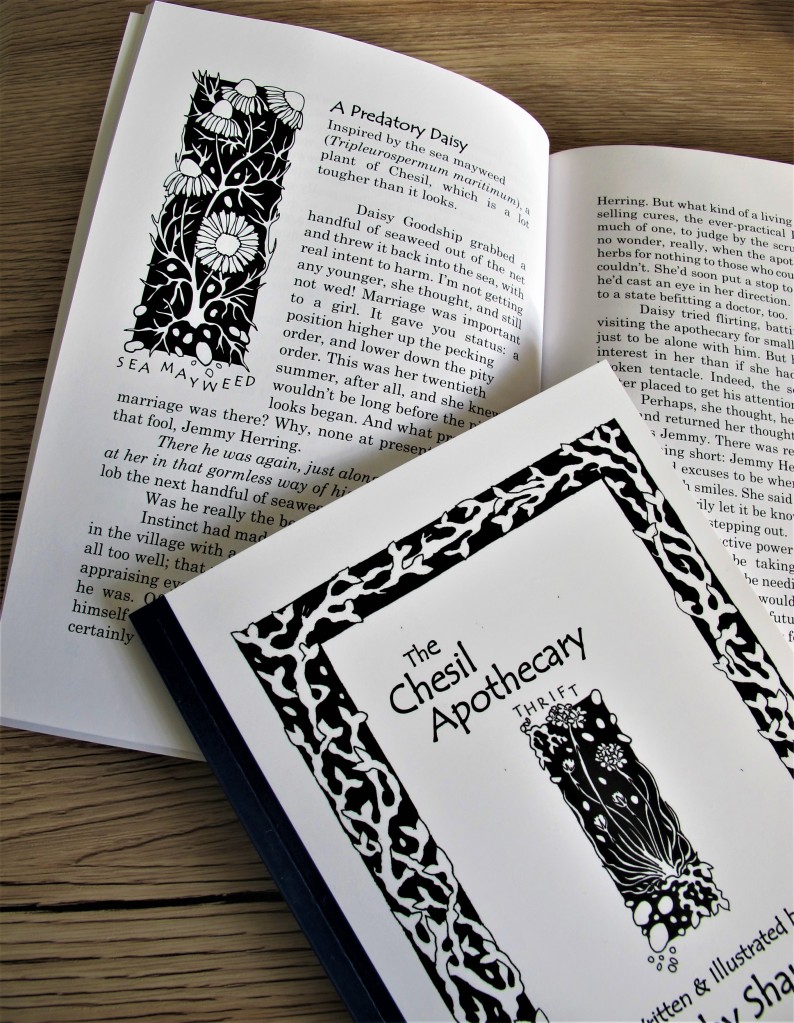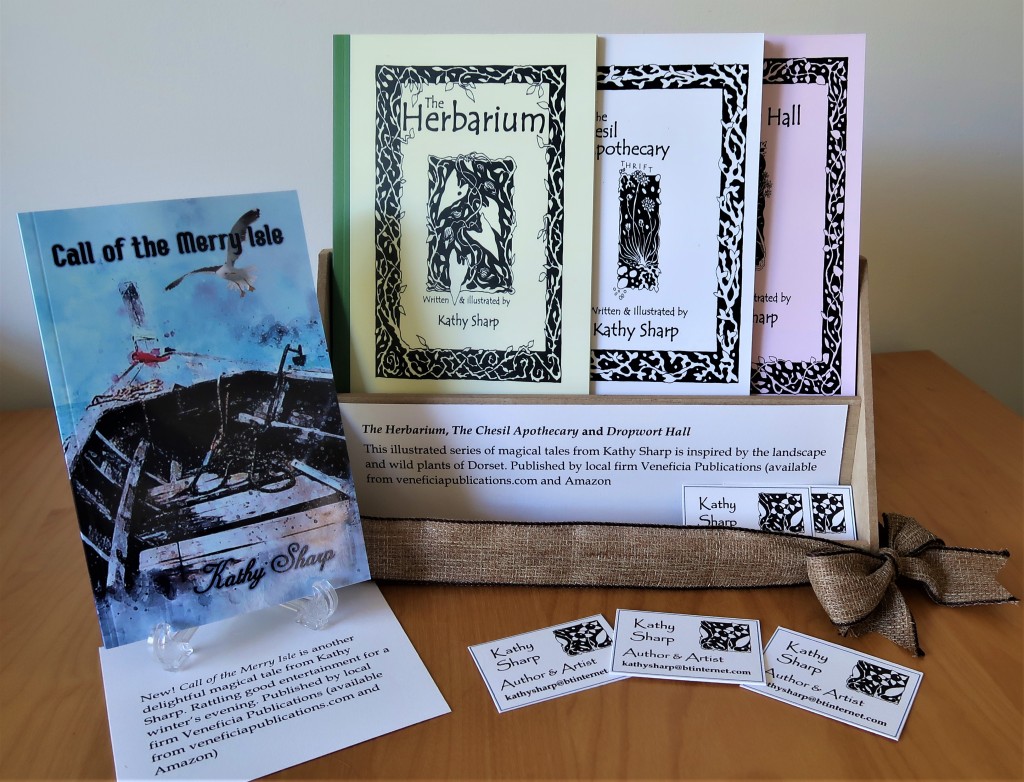Tags
My earliest memory of shelducks is easily nailed down – I mistook them for avocets. Youthful wishful thinking, of course. They were standing on the far-out tideline of a bay near my home in Kent, looking very black-and-white and I jumped to conclusions, silly girl. And however they might look from a distance, they are not actually black and white. There is a deep glossy greenness to the head and neck, and a band of orangy-tan across the chest. Add in the bright scarlet bill and pink legs and feet and this is quite a multi-coloured bird if you can get close enough.
After this beginner’s error, I came to know shelducks quite well. When we went upriver by boat, their heads would pop up from the marshy fields to see what was going on. They were such a regular sight, we named one of our boats after them. No, she wasn’t the Shelduck, she was Tadorna, from the species’ Latin name. On a trip down to the river estuary one day, a family of shelducks appeared and Tadorna was surrounded by her namesakes. That was a surreal moment. We cut the engine and watched the troop of pied ducklings skittering through the waves after their parents.
These days I see shelducks along the Dorset coast. They don’t seem to stray very far from the sea, feeding in the shallows of a saltmarsh, their heads go up, just as I remember them, checking you out. Sensibly wary, I’d say.
But for all that, last winter a shelduck took up residence among the gulls on the sheltered side of Chesil Beach – right opposite the window of the wildlife centre, so I and everyone else could sit in the café admiring the bird from close quarters while drinking our coffee. My kind of bird-watching, these days. Just another duck, really, but what the heck – I gazed at it and whispered Tadorna, remembering the birds and the namesake boat of half a century ago.
My illustrated, magical, nature-inspired tales The Herbarium, The Chesil Apothecary and Dropwort Hall are available from www.veneficiapublications.com
